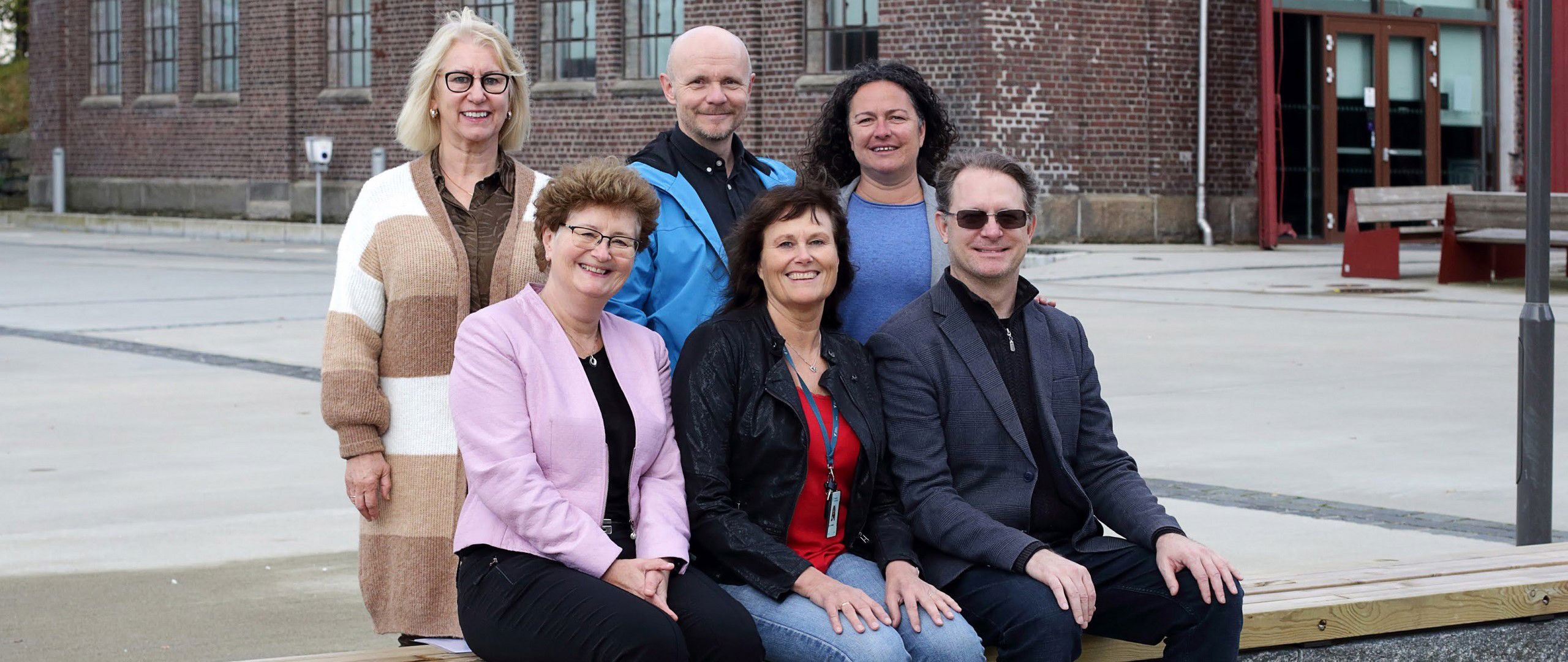
Resilience in Higher education. Overcoming adversity (RESUPERES)
The objective of this project is to analyse, design and evaluate an intervention program, based on artistic, physical-sports, scenic, and cultural competences, and developed in the educational context of higher education, that generate resilient behaviour patterns, and that it can be extrapolated to the different stages of training, both for teachers and students, taking this concept as a capacity that helps them face the adversities that will accompany them throughout their lives.
Resilience is the ability of the human being to face adversity and to adapt and overcome tragedies, trauma, threats, or severe stress. Being resilient does not mean “not feeling discomfort”, emotional pain or difficulty in the face of adversity (death of a loved one, serious illness, loss of job, serious financial problems ...), it means a positive attitude towards them. Resilience is not something that a person has or does not have but involves a series of behaviours and ways of thinking that anyone can learn and develop as habit of their education. That is, it is trainable and educable (Robertson et al., 2015).
This currently highly valid aspect of education (The Resilience between COVID-19, in all media and press headlines), has not been explicitly or systematically worked to forge the personality of individuals in educational settings. Traumatic situations, to a lesser or greater extent, at some point in our lives, unfortunately, accompany us. We have been accompanied by economic crises, wars that also lead to refugees and immigrants without resources, situations, fires, terrorist acts, (Bozorgmehr & Razum, 2015). In addition, a very difficult and extreme situation such as the one we are experiencing worldwide, the current situation experienced with the confinement of the COVID-19 pandemic, in which we are verifying day by day, that an attitude of overcoming these adversities will help. Overcoming them and facing them with greater decision, and how we are seeing, is mainly based on areas such as art, culture, and physical activity (Cepero, 2020).
The objectice of this project
The objective of this project is therefore to analyse, design and evaluate an intervention program, based on artistic, physical-sports, scenic, and cultural competences, and developed in the educational context of higher education, that generate resilient behaviour patterns, and that it can be extrapolated to the different stages of training, both for teachers and students, taking this concept as a capacity that helps them face the adversities that will accompany them throughout their lives. 95.2 % of the programs reviewed internationally, have obtained positive results in the improvement of these competences (Padial & Cepero, 2020). In this sense, the current urgency leads us to emphasize in education the capacity of Resilience.
We believe that this need for training will help our students and teachers to face problems, have a critical and positive attitude, and overcome any adversity. It is therefore necessary to work on this aspect in the evolutionary stages that precede the consolidation of the personality of our students.
What are the factors that enhance recilience?
The first aspect to consider in this project is to distinguish what are the factors that enhance resilience, and thus, highlight and enhance them, reducing the presence of non-resilient factors, that is, those that can cause the opposite effect. For this, it will be necessary to describe the difficulties that must be overcome, analyse, and classify them, in the different European headquarters in Spain (Granada), Portugal (Algarve-Faro), Italy (Naples) Serbia (Belgrade), and Norway (Bergen). From there, a pilot study with an intervention program based on artistic, scenic, cultural and physical-sports activities is proposed, where the improvement of resilient attitude is deliberately deepened, measuring the incidence of said program on this basic aspect of personality, both aimed at teachers and students.
The expected results will suppose the creation of means to provide improvement tools, in situations like the one created by COVID-19, with the aim of a program of dissemination of good practices in university teachers and students, creating new audio-visual tools (Apps, Kit , multimedia products), as well as congresses, training workshops, but one of the most ambitious results is the creation of new itineraries, didactic programs and subjects, that develop the resilience included in the curricular itineraries of university careers, betting on subjects that help train students in resilience skills and competences, such as self-concept, self-esteem, teamwork, or leadership. All of which result in an increase in their resilience, and that will accompany them in all facets of his life, and throughout it, thinking later that he extrapolated at all levels is from the educational community at the international level.
The project is funded by the Erasmus+-programme Strategic Partherships for higher education. Project coordinator is the University of Granada (Spain) with project leader Prof. Mar Cepero. The project is joined the University do Algarve (Portugal), University degli Studi Suor Orsola Benincasa (Italy), University of Belgrade (Serbia) and Western Norway University of Applied Sciences (Norway).
The RESUPERES Team in Norway (Bergen) is composed by professors from three different faculties with large experience in the areas of physical activity and sport, music, sleep and biorhythms, and deep learning.
- Coral Falco (Coord.): Professor at the Department of Sports, Food and Natural Sciences
- Tone Nybakken: Associate Professor at the Department of Sport, Food and Natural Sciences
- Frøydis Hausmann: Associate Professor at the Department of Sport, Food and Natural Sciences
- Alvhild Alette Bjørkum: Associate Professor in the Department of Safety, Chemistry and Biomedical Laboratory Sciences
- Odd Torleiv Furnes: Associate Professor at the Department of Arts Education
- David Gabriel Hebert: Professor at the Department of Arts Education
